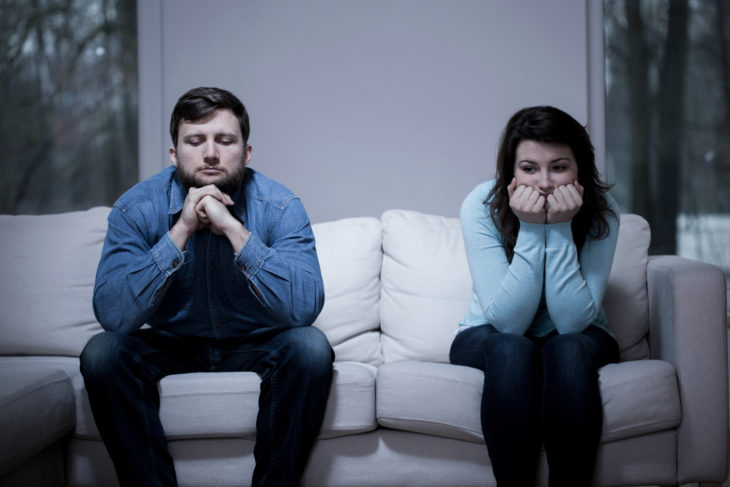Couples therapy, also known as marriage counseling is a form of talk therapy geared toward—you guessed it—couples. The goal of couples’ counseling is to help people in relationships recognize issues and resolve conflicts.
Couples’ counseling can help people who are working to improve specific things in their relationships, such as communication. It can also be valuable if a couple is on the cusp of making a big decision, such as divorce.
If you explore blogs on relationships such as Black Love or the Gottman Institute’s Relationship blog, you’ll see how often it’s advised that you actively work on your relationship, and one way to do that is through therapy. How do you know if it’s right for you, however?
The following are some things to know about couples’ counseling and whether it’s right for you.

Source: Amian Ltd
Contents
An Overview
Marriage counseling is typically provided by a therapist who specializes in this area, although not always. Many have credentials from the American Association for Marriage and Family Therapy (AAMFT).
Marriage counseling is usually short-term,and it may focus on a specific problem and treatment plan.
Sometimes couples go to couples’ counseling before they get married as well, to prepare for the marriage.
Some of the more common reasons people go to this type of therapy aside from preparing for marriage include:
- They’re having problems with communication
- Sexual problems
- Conflicts about raising children or integrating a blended family
- Anger
- Infidelity
- Substance abuse
Has Trust Been Eroded?
If you’re asking whether or not relationship counseling could be beneficial for you, ask yourself if the trust has been broken.
When couples experience a breach of trust, couples counseling can be extremely helpful. We often think about infidelity as the primary reason for trust to be broken in a relationship, but it’s not the only reason.
It could have been related to lies or issues with money where there was deception, as an example.
Therapy can be a good way to work on rebuilding trust and learning how to communicate openly and honestly.

Source: Jodie Paterson
Is Bickering and Day-to-Day Arguing Increasing?
Some bickering and general disagreements are normal in any relationship, but if the prevalence of these situations is increasing, it might be time to consider couples counseling. Sometimes increased arguing and disagreements can be a sign of a bigger problem.
It can also signify harmful patterns starting to form, so it’s best to seek therapy before these become bigger issues.
Sometimes couples therapy can be used not just as a way to work on problems you know exist, but to be able to identify problems. A lot of couples can feel if something shifts or doesn’t feel right in their relationship, but they might not be able to pinpoint exactly what that is.
What If Your Partner Doesn’t Want to Go?
If you’re in a relationship that you think could benefit from therapy,but the other person doesn’t, what do you do then? Some therapists say that attending on your own can still bring benefits to your relationships.
When you attend on your own, you may be able to work on your own issues and grow personally. Then, not only can you bring that sense of growth to your relationship but maybe the other person will be motivated by the changes and positivity they see in you as a result of your therapy experience.

Source: imgflip.com
A few other scenarios that might benefit from therapy include:
- Is one person in the relationship experiencing some form of mental illness? That person may already be receiving therapy, but couples therapy can help as well. Couples therapy when mental illness is involved can help partners better understand with one another, talk through issues and avoid potential triggers.
- Does one or both of you have dysfunctional communication patterns? For example, does one person (or both) become passive-aggressive when you disagree or experience conflict? Could there be more productive ways to communicate?
- Is there a difficult situation affecting your marriage? For example, maybe one of you lost your job or is having a health issue. When there are big issues, even if they’re not yet causing noticeable problems can in the future, so being proactive about therapy can help avoid potential problems.
Finally, when you’re married or in a long-term relationship, it’s easy to get embroiled in certain patterns. Maybe you need to change these patterns and learn how to interact with one another in a new way, which is yet one more reason couples therapy can be helpful.
